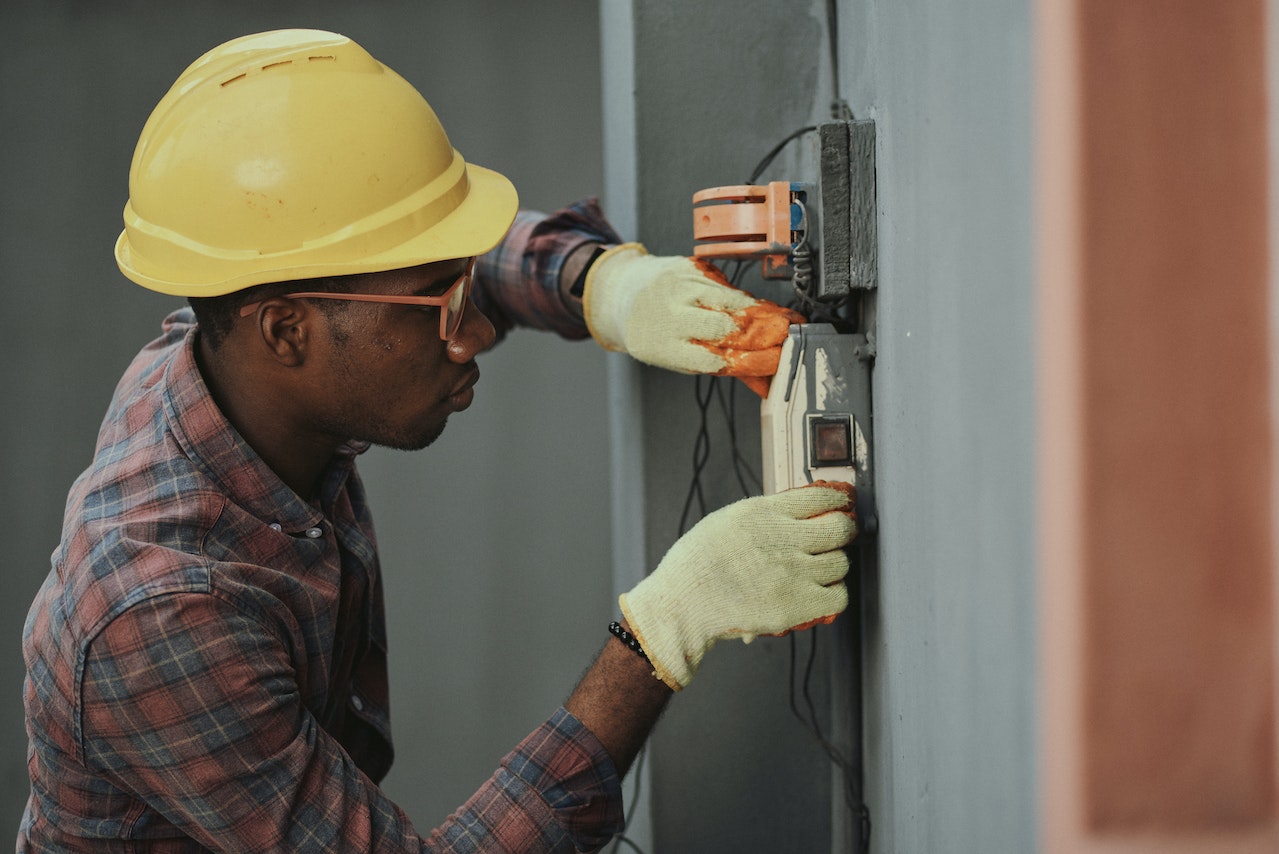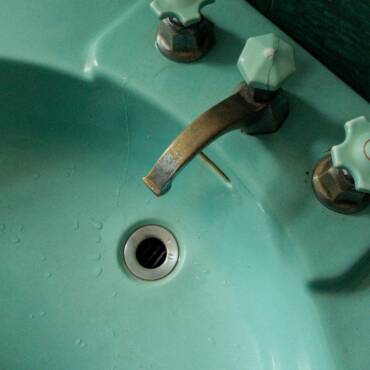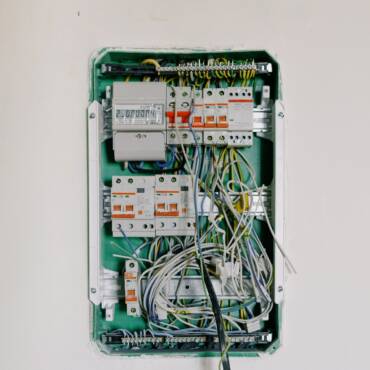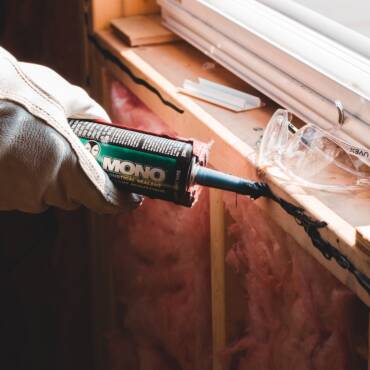Unveiling the Guardians of Household Security: Exploring House Safety Inspections
In the realm of homeowner responsibilities, the significance of regular house safety inspections cannot be overstated. This comprehensive article delves into the pivotal role of house safety inspections, shedding light on their importance, process, and the unparalleled peace of mind they provide to residents.

Safety Inspections
The Crucial Importance of House Inspections
Home is where the heart is, and safety is the cornerstone of that sanctuary. House safety inspections are a proactive measure to identify potential hazards and ensure that the living environment remains secure for occupants of all ages.
The Array of Hazards Addressed by House Safety Inspections
From electrical issues and structural weaknesses to fire hazards and carbon monoxide leaks, house safety inspections cast a wide net. These evaluations scrutinize every nook and cranny, identifying vulnerabilities that could compromise the well-being of residents.
House Safety Inspections: A Systematic Approach
- Preparation: Determine the scope of the inspection, encompassing areas like electrical systems, plumbing, heating, ventilation, and more.
- Exterior Examination: Inspect the exterior of the house, checking for structural integrity, roof condition, drainage, and potential tripping hazards.
- Interior Scrutiny: Evaluate the interior for fire hazards, smoke detectors, carbon monoxide detectors, and proper ventilation.
- Electrical Systems: Assess wiring, outlets, and electrical panels for safety, potential overloads, and outdated components.
- Plumbing and Heating: Inspect plumbing for leaks, proper drainage, and functioning heating systems.
- Fire Safety: Verify the functionality of smoke detectors, fire extinguishers, and escape routes.
- Appliance Inspection: Examine household appliances, ensuring they are well-maintained and pose no safety risks.
- Documentation and Recommendations: Compile a comprehensive report detailing findings, recommendations, and suggested corrective actions.
The Perks of Regular House Inspections
- Early Hazard Detection: Proactive inspections unearth potential hazards before they escalate, allowing timely interventions.
- Peace of Mind: Knowing that your living space is thoroughly examined and safe brings unparalleled peace of mind.
- Financial Savings: Addressing issues promptly prevents costly repairs and safeguards against property damage.
- Health and Well-being: Safe living environments contribute to the physical and mental well-being of residents.
- Legal and Insurance Benefits: Regular inspections fulfil legal obligations and can lead to insurance discounts.
- Property Value: Maintaining a safe and well-maintained home enhances property value and resale potential.
The DIY vs. Professional Dilemma: Making an Informed Choice
While some homeowners may opt for DIY inspections, the expertise of professional inspectors is invaluable. Trained professionals bring a keen eye and technical knowledge, ensuring no stone is left unturned in the pursuit of safety.
The Evolving Role of Technology in House Safety Inspections
In an era of technological advancement, house inspections benefit from innovative tools. Smart home technology, mobile apps, and digital reporting streamline the process, making inspections more efficient and transparent.
Conclusion
Home safety is a non-negotiable priority for every homeowner. Through diligent house safety inspections, residents can create a haven where comfort, well-being, and security coexist harmoniously. By identifying potential hazards, addressing issues promptly, and harnessing technology, homeowners can fortify their abode and truly cherish the place they call home.



